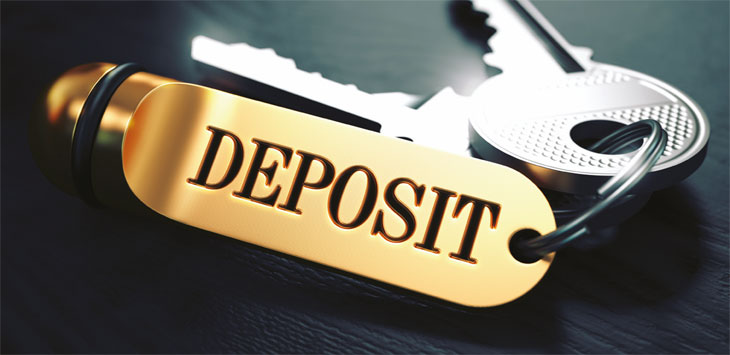



When you rent a home, you should know that the property is yours. That means you’re responsible for any damages to the house and its contents. What happens if there are more damages than your deposit?
That's when it's time for renters insurance. Here are some of the most important things to know about this type of insurance.
When you rent a home, you should be aware that the property is yours. That means you should protect it with proper insurance. It’s important to understand how your renter’s insurance works in case something happens and the damages exceed what's covered by your deposit.
Renters insurance pays for damages that are not covered by your deposit, like theft, fire, or natural disasters. These types of events can be catastrophic and will often lead to additional expenses like repairs and cleanup costs. When it comes to renter’s insurance, it’s important to know how much coverage you have.
The good news is that renter’s insurance usually has less coverage than homeowners insurance or auto insurance for a few reasons:
- Renters coverage is usually capped at around $100,000
- It’s not meant for large financial transactions like buying or selling a house
If the damage is more than your deposit and you are a renter, then you should consider looking into renters insurance. This type of insurance helps protect your financial investment in case there are damages to the property or personal belongings that exceed the deposit.
In order to secure renters insurance, make sure you have proof that your landlord will be responsible for any claims made against the property. For example, if there are damages outside of normal wear and tear, such as a broken window or water damage due to storm damage, then get documentation from your landlord as evidence of their responsibility.
One of the most important things to know about renters insurance is what happens if damages are more than your deposit. When you rent a home, a renter's insurance policy is also required by law in order to protect the renter and the landlord. A renters insurance policy covers damages that may occur during your stay as well as personal liability coverage up to $100,000 to cover any lawsuits that might come from bodily injury or property damage.
The amount of your deductible will depend on whether or not you have renter's insurance of your own. If you do have your own rental policy, then it will cover some costs related to repairs and replacements. For example, if there was a fire in the house and the damage was covered by your renter's policy while yours did not, then you would be responsible for paying for those damages out-of-pocket without having to worry about having them covered by your landlord's policy.
Renter's insurance covers the full cost of damage to your personal property and liability for injuries you or anyone else on your property cause. Home insurance covers damage to a home and its contents, but won't cover any damage caused by renters.
Keep in mind that homeowner's insurance won't cover you if you are renting a property that is not yours. If you're renting a place that isn't your own, then renter's insurance would be more appropriate.
It's also crucial to note that renter's insurance doesn't cover the entire cost of an accident (defects in construction or material). You'll need to buy home insurance as well if there are defects in construction or materials.
Before you get renters insurance, it is important to do a little math and make sure you can afford it. Renters insurance may seem like an expense that isn't worth the money, but in reality, it could help save your family a lot of money in the long run.
The first thing to think about is what would happen if you found yourself without your home. This wouldn't be too bad if you were able to find another place to live quickly. But what if you couldn't find anything?
When there are damages to your property that cost more than your deposit payment, landlords will usually keep their portion of the deposit and deduct from the damage costs before returning any remaining deposit. In this situation, renters insurance would pay for the remaining balance on your property and then some. The only downside is that it's not cheap; most renters policies are worth less than $300 per year.